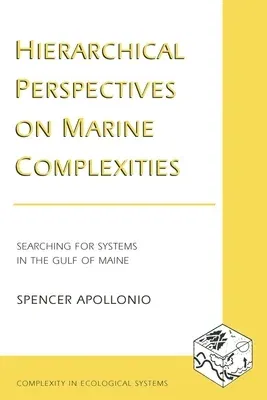Spencer Apollonio
(Author)Hierarchical Perspectives on Marine Complexities: Searching for Systems in the Gulf of MainePaperback, 30 October 2002

Qty
1
Turbo
Ships in 2 - 3 days
In Stock
Free Delivery
Cash on Delivery
15 Days
Free Returns
Secure Checkout

Part of Series
Complexity in Ecological Systems
Part of Series
Complexity in Ecological Systems Series
Print Length
320 pages
Language
English
Publisher
Columbia University Press
Date Published
30 Oct 2002
ISBN-10
0231124899
ISBN-13
9780231124898
Description
Product Details
Author:
Book Format:
Paperback
Country of Origin:
US
Date Published:
30 October 2002
Dimensions:
21.59 x
16.76 x
1.35 cm
ISBN-10:
0231124899
ISBN-13:
9780231124898
Language:
English
Location:
New York
Pages:
320
Publisher:
Weight:
335.66 gm